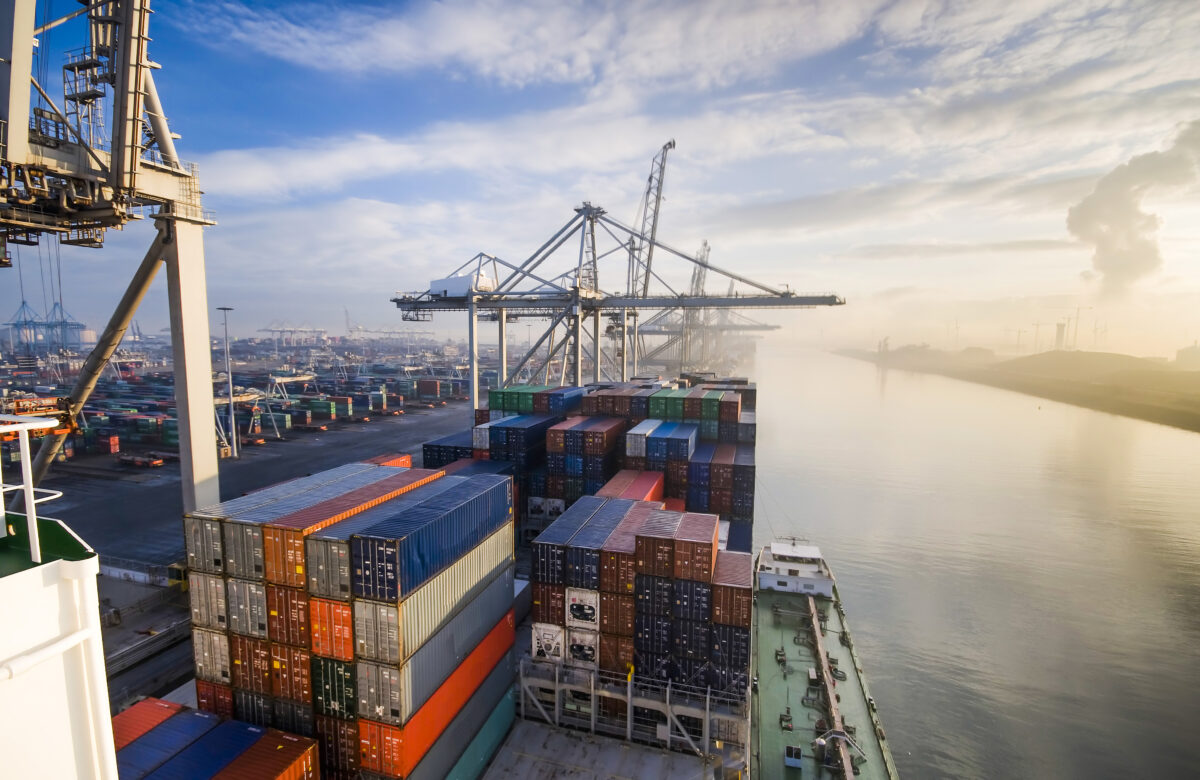President Trump announces punitive tariffs against German car manufacturers and Mexico. Regardless of whether punitive duties are permitted under US law, punitive duties are in principle prohibited within the framework of the World Trade Organisation (WTO). They violate the provisions of the General Agreement on Tariffs and Trade (GATT).
WTO/GATT prohibit punitive tariffs
The central principle of the GATT is the so-called[bold] most-favoured-nation principle[/bold]. It stipulates that customs duties and charges of all kinds and all benefits granted to one Member State must also be extended to goods from all other contracting countries. If the USA imposes 5% duties on certain goods from a country, they must also grant a duty of 5% for these goods from Mexico or the EU, whereas the imposition of punitive duties for goods from a country or even for goods of a certain group is generally inadmissible.
However, under certain conditions, anti-dumping duties may still be imposed under the GATT. However, anti-dumping duties are not punitive duties but a legitimate and conditional means of eliminating dumping. They may only be levied under GATT for dumped goods. However, dumping does not occur until the export price is below the normal value at which the product is traded in the country of origin. This means that Mexican products would have to be exported to the USA more cheaply than they would be traded in Mexico in order to obtain anti-dumping duties.
It therefore remains to be seen how exactly President Trump will implement his announcement on punitive tariffs.
What can companies do against punitive tariffs?
Since punitive US duties would be national measures taken by the US, companies would have to consider whether they could benefit from legal protection in the US. However, it is not conclusively clear whether individual entrepreneurs can invoke the violation of WTO law or GATT. For these international agreements are initially binding only on the states that have signed them.
However, EU Member States or the EU itself could take action against unjustified punitive tariffs through the Dispute Settlement Understanding (DSU) procedure. Entrepreneurs should urge their Member State or the EU to do so if the US does indeed impose punitive tariffs.
If you have questions about punitive tariffs, WTO or GATT law, our customs lawyers are at your side.
Dieser Artikel wurde am 9. August 2018 erstellt. Die fachliche Zweitprüfung hat Rechtsanwalt Dr. Tristan Wegner durchgeführt.

